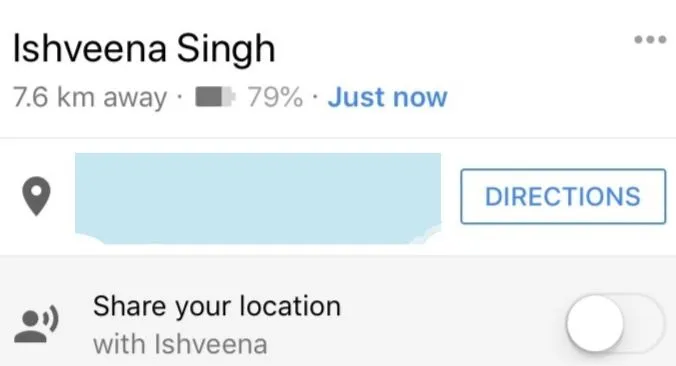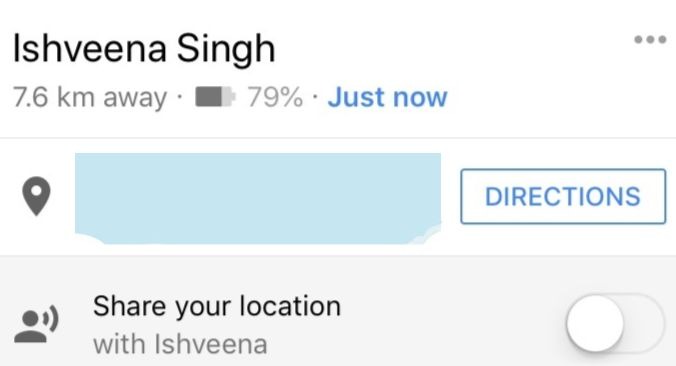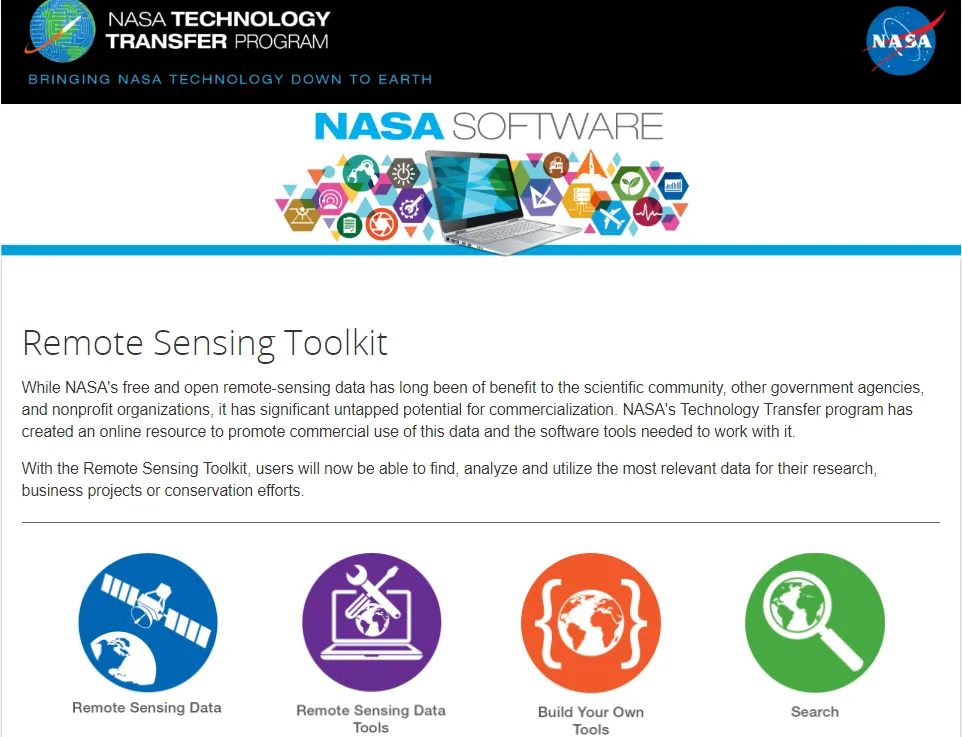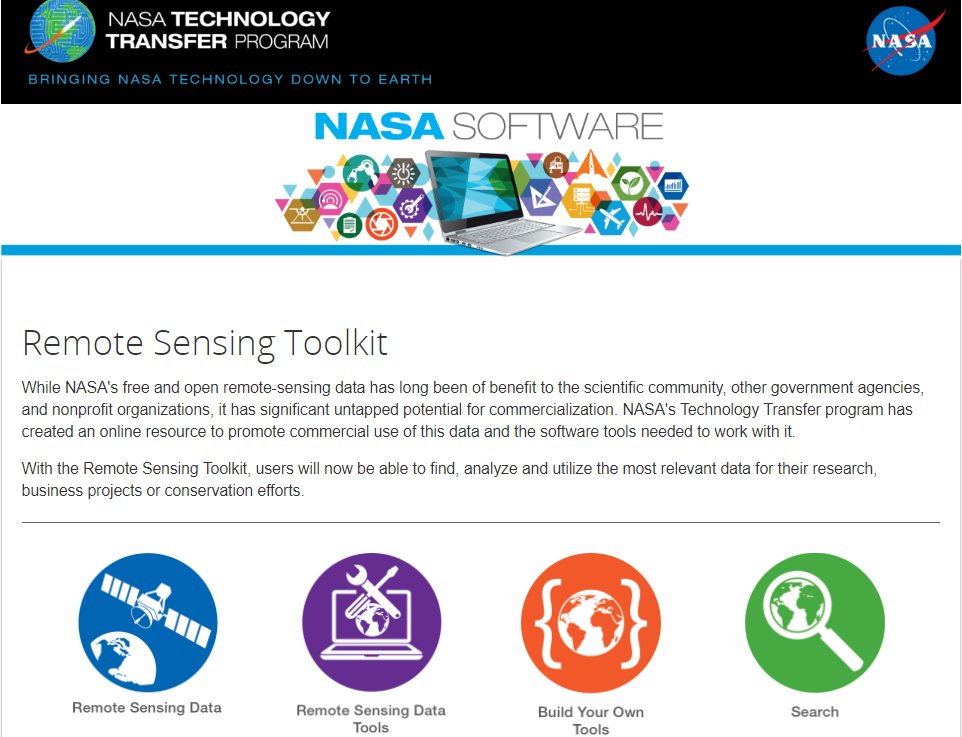
Google Maps now reveals how much battery juice your phone has
When a loved one is travelling in an unfamiliar area, worrying about their safety can turn many of us into a bundle of nerves. More so if you are tracking someone’s location remotely and they suddenly drop off the grid.
Therefore, to make sure you don’t imagine the worst if you are not able to get in touch with someone you care about, Google Maps has introduced a nifty new feature: When someone shares their location, you would also be able to see how much battery juice their phone has. Here’s a sample:

So, instead of conjuring random graphic scenarios in your head, you can breathe a li’l easy knowing that the reason someone is not responding is because their battery has died on them. Conversely, if you cannot get through a friend or family member despite their battery being stocked up, you can probably raise some alarm bells.
Honestly, it’s a great new feature from the point of safety and we are glad that Google is releasing it simultaneously on Android and iOS across the world. On the other hand, it also means you can no longer make excuses to your parents or friends and not take their calls citing battery drain!
What do you think about this feature? Yay or nay? Try it out and let us know in comments below!
Now read: 5 new Google Maps features you should get excited about







